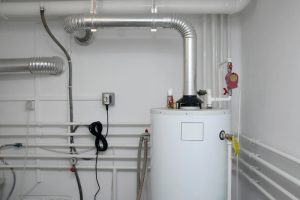 If you’re like most homeowners, you probably don’t think very much about how hard your water heater works for you on a regular basis. But, you should. Your home’s water heater is probably the hardest working system in your entire living space. Most water heaters don’t even ever fully turn off—rather, they operate day and night to provide a standing supply of hot water for whenever you need it. At least, this is the case if you have a storage tank water heater.
If you’re like most homeowners, you probably don’t think very much about how hard your water heater works for you on a regular basis. But, you should. Your home’s water heater is probably the hardest working system in your entire living space. Most water heaters don’t even ever fully turn off—rather, they operate day and night to provide a standing supply of hot water for whenever you need it. At least, this is the case if you have a storage tank water heater.
Generating all of this hot water understandably puts a lot of wear and tear on the system over the years. Therefore, it’s essential that you take steps to help it last as long as it can. In order to get the best return on investment from your home’s water heater, we encourage you to follow the tips below. And remember, even if you have a tankless water heater, it also needs regular care.

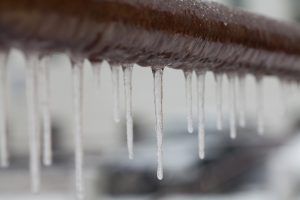 Did you know that it only takes a few hours for a pipe to freeze? Most homeowners don’t realize that, and with plenty of cold weather still ahead for us (especially at night), this isn’t something you should just brush off. First, it’s important to know how to prevent such an incident from happening.
Did you know that it only takes a few hours for a pipe to freeze? Most homeowners don’t realize that, and with plenty of cold weather still ahead for us (especially at night), this isn’t something you should just brush off. First, it’s important to know how to prevent such an incident from happening.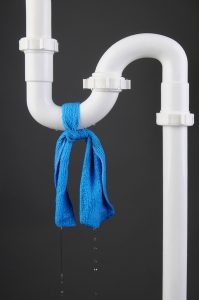 Nobody wants to deal with a plumbing problem. But, they’re sometimes inevitable, and what makes them an even bigger problem is they are often hard to detect without professional equipment, and experience. Most of your plumbing system is hidden from view, after all. The problems that typically affect this system are subtle to start, which is part of the reason why we recommend scheduling preventive maintenance at least once a year.
Nobody wants to deal with a plumbing problem. But, they’re sometimes inevitable, and what makes them an even bigger problem is they are often hard to detect without professional equipment, and experience. Most of your plumbing system is hidden from view, after all. The problems that typically affect this system are subtle to start, which is part of the reason why we recommend scheduling preventive maintenance at least once a year.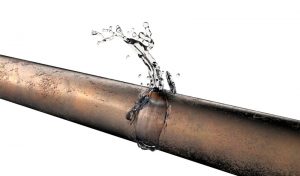 We get it—if you can avoid calling for emergency plumbing services, you will. Our professional
We get it—if you can avoid calling for emergency plumbing services, you will. Our professional 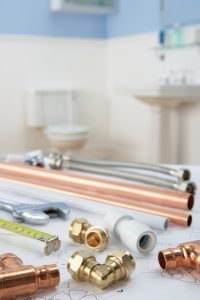 Throughout the years, there have been many different materials put to use for constructing plumbing pipes. During much of the 20th century, for instance, metals such as galvanized steel (this is steel coated pipes coated with zinc to prevent corrosion) and cast iron were most commonly used in residential settings.
Throughout the years, there have been many different materials put to use for constructing plumbing pipes. During much of the 20th century, for instance, metals such as galvanized steel (this is steel coated pipes coated with zinc to prevent corrosion) and cast iron were most commonly used in residential settings.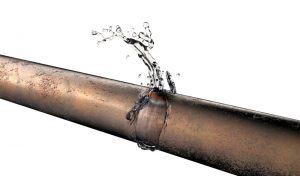 Without the right professional experience or plumbing equipment, problems with your plumbing system can definitely be hard to pinpoint. Most of the system is hidden from view, after all, and the issues that usually impact it are subtle to start. This is part of the reason we stress how important it is to schedule routine preventive maintenance with a professional
Without the right professional experience or plumbing equipment, problems with your plumbing system can definitely be hard to pinpoint. Most of the system is hidden from view, after all, and the issues that usually impact it are subtle to start. This is part of the reason we stress how important it is to schedule routine preventive maintenance with a professional 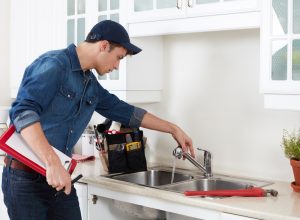 Winter is coming, and you need to be prepared for it. You’re probably already making sure that your heating system is up to the task of keeping you warm this coming season, and that’s good. What about your plumbing system, though? There are still plenty of ways that your plumbing system could break down over the next few months, which means you should take the time to make sure that it is properly prepared as well. The following are a couple of the best ways that you can ensure your plumbing system stays healthy and reliable throughout the cold season.
Winter is coming, and you need to be prepared for it. You’re probably already making sure that your heating system is up to the task of keeping you warm this coming season, and that’s good. What about your plumbing system, though? There are still plenty of ways that your plumbing system could break down over the next few months, which means you should take the time to make sure that it is properly prepared as well. The following are a couple of the best ways that you can ensure your plumbing system stays healthy and reliable throughout the cold season. 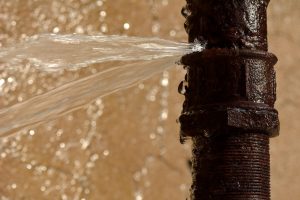 It can be difficult to tell when your plumbing system is in need of repairs. A lot of plumbing issues can develop right under your nose without showing any obvious symptoms, until they end up causing some very obvious damage that is too late to stop. That’s why we recommend so strongly that you have preventive inspection and maintenance appointments conducted on your plumbing system at least once a year. While maintenance is helpful, though, it isn’t a guarantee of your system’s health. There are still plenty of ways that problems can develop in the system between appointments. For that reason, you need to familiarize yourself with the signs and symptoms that indicate a need for plumbing repair services. The following are just a few of the ways that you can tell if your plumbing system needs professional repairs.
It can be difficult to tell when your plumbing system is in need of repairs. A lot of plumbing issues can develop right under your nose without showing any obvious symptoms, until they end up causing some very obvious damage that is too late to stop. That’s why we recommend so strongly that you have preventive inspection and maintenance appointments conducted on your plumbing system at least once a year. While maintenance is helpful, though, it isn’t a guarantee of your system’s health. There are still plenty of ways that problems can develop in the system between appointments. For that reason, you need to familiarize yourself with the signs and symptoms that indicate a need for plumbing repair services. The following are just a few of the ways that you can tell if your plumbing system needs professional repairs. 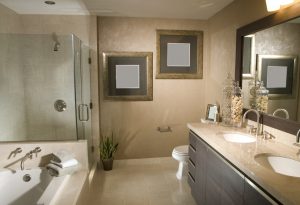
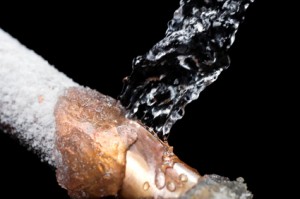 Plumbing issues come in many shapes and sizes. Some require immediate repairs, while some can at least wait for an appointment to be made. None of them should be ignored, though. Many plumbing issues can be difficult to detect outside of professional maintenance and repair appointments, which makes it all the more important that you call for repairs when you notice one. So, let’s take a look at some of the common symptoms that indicate your plumbing is dealing with some sort of issue. The faster you can detect issues with your plumbing, the faster you can have it repaired.
Plumbing issues come in many shapes and sizes. Some require immediate repairs, while some can at least wait for an appointment to be made. None of them should be ignored, though. Many plumbing issues can be difficult to detect outside of professional maintenance and repair appointments, which makes it all the more important that you call for repairs when you notice one. So, let’s take a look at some of the common symptoms that indicate your plumbing is dealing with some sort of issue. The faster you can detect issues with your plumbing, the faster you can have it repaired.